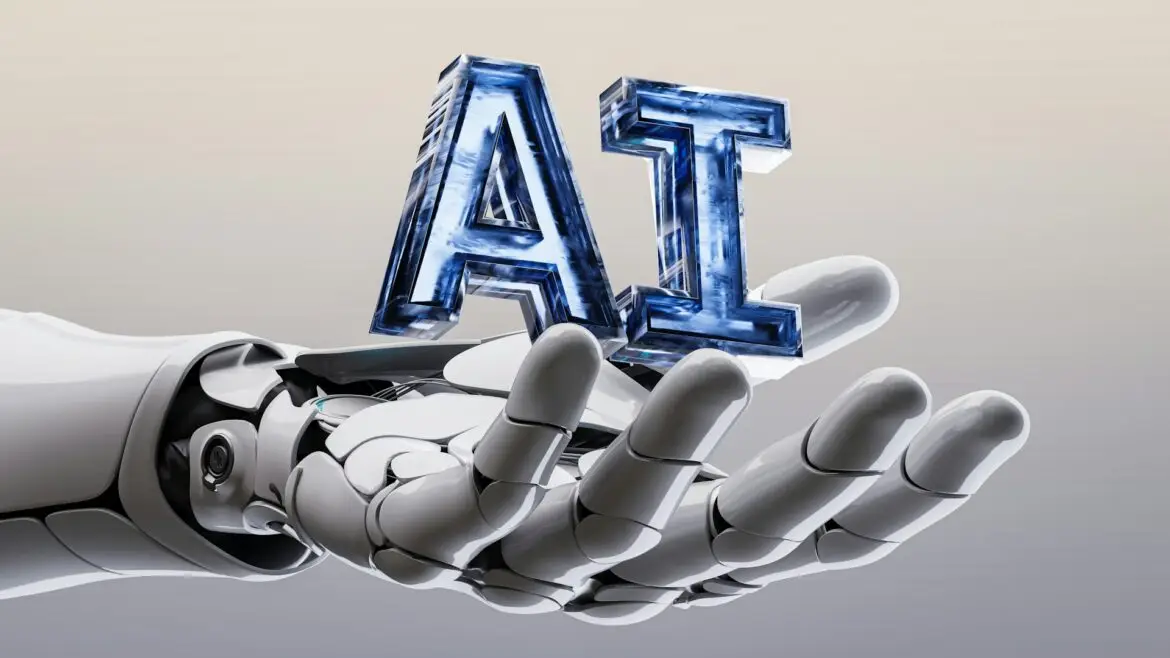A growing number of HR leaders say people-focused policies are under threat as they face mounting pressure to implement return-to-office (RTO) mandates, address cultural divides, and prepare workforces for rapid AI adoption, according to Leapsome’s 2025 HR Insights Report.
The report, developed in partnership with Opinium and based on a survey of 1,000 HR decision-makers in the U.S., U.K., Germany, and the Netherlands, found that 63% of U.S. HR leaders — and 56% globally — are under pressure to enforce RTO policies, despite widespread concerns about their effectiveness. In total, 81% of respondents said forced office returns are not the best approach for improving collaboration.
“HR teams are being pulled in every direction — but they’re not just holding things together, they’re guiding the business forward,” said Luck Dookchitra, vice president of people at Leapsome.
DEI efforts and workplace culture face setbacks
The report highlights growing concerns among HR professionals about the state of diversity, equity, and inclusion (DEI) in the workplace. More than half of U.S.-based people leaders — 52% — said they are witnessing cultural divides that are threatening company culture. Additionally, 51% said these divides are undermining DEI initiatives.
Resistance to people-first initiatives is widespread, with 92% of HR leaders reporting pushback when promoting efforts related to flexibility, well-being, and inclusion.
AI skills gap drives urgency for workforce change
The rapid pace of AI adoption is also reshaping HR priorities. Nearly three-quarters of HR leaders (73%) said they are planning role restructures to integrate AI into their operations. However, 64% cited a significant skills gap as an urgent issue, and flagged employee resistance as the top barrier to successful implementation.
“People experts are already seeing signs of employee resistance,” the report noted, emphasizing that preparing the workforce for AI is a central challenge heading into 2025.
HR’s strategic role expands
The findings also point to a broader evolution in the role of HR. According to the report, 85% of HR leaders now have a direct influence on key business decisions, while nearly two-thirds are responsible for building high-performing teams — a top CEO priority for the coming year.
“The future of HR isn’t just about automation or efficiency,” said Dookchitra. “It’s about using people insights to shape how business gets done — and leading with the confidence that comes from data, not just instinct.”
The full 2025 HR Insights Report is available from Leapsome.





